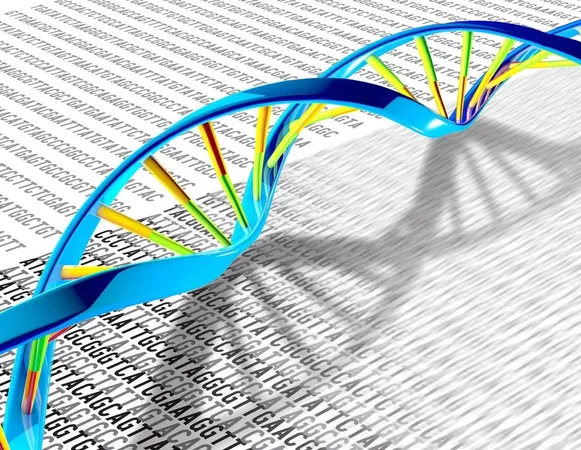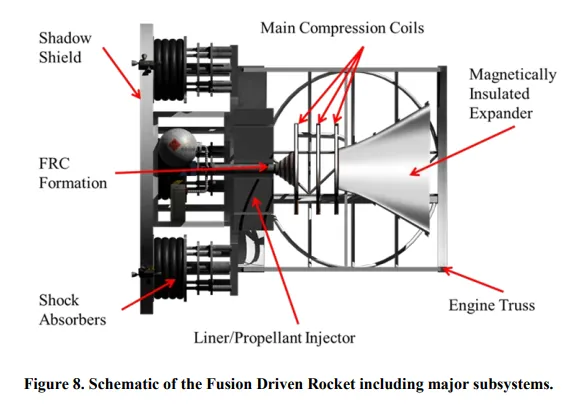
Unveiling the Secrets of Burkitt Lymphoma: Can Epigenetics Predict Survival?
2025-05-16
Author: Yu
A Burden of Knowledge: The Fight Against Burkitt Lymphoma
In the battle against childhood cancers, research on tumors prevalent in developing countries is alarmingly sluggish compared to studies on those more common in the West. This disparity has dire consequences, contributing to higher mortality rates, particularly for Burkitt lymphoma—a leading pediatric tumor in Equatorial Africa and certain Pacific and South American regions.
A Global Health Challenge
Burkitt lymphoma is endemic in many parts of these regions, primarily linked with Epstein-Barr virus (EBV) infections. In stark contrast, in other regions of the globe, it appears sporadically, often affecting individuals with weakened immune systems, such as those living with HIV.
Revolutionary Research Unveiled
A groundbreaking study published in Blood Cancer Discovery is shedding light on Burkitt lymphoma. Led by Dr. Manel Esteller from the Josep Carreras Leukemia Research Institute and Dr. Ryan Morin from BC Cancer, this research reveals the power of the epigenome in determining the aggressiveness and biological nuances of this cancer.
Two Faces of Burkitt Lymphoma Revealed
The team analyzed over 200 Burkitt lymphoma samples across four continents, examining the patients' DNA methylation patterns. Their findings categorize tumors into two distinct types: HypoBL and HyperBL.
Dr. Esteller explains, "The HypoBL type displays minimal epigenetic defects, resembling healthy B lymphocytes. Patients with this variant often experience a more favorable clinical outcome." Conversely, the HyperBL type exhibits extensive hypermethylation, leading to the silencing of key tumor-suppressing genes.
Impact on Treatment Strategies
This study further uncovered that HyperBL cases commonly harbor a significant EBV load, contributing to the cancerous transformation of cells. As a result, patients in this category frequently face early relapses and shorter survival rates.
Dr. Esteller emphasizes, "This knowledge should reshape our treatment approaches right from diagnosis. Tumors with a better outlook could proceed with standard chemotherapy, while aggressive cases might benefit from innovative drug trials or specialized immunotherapies."
A Ray of Hope for Families Fighting Cancer
These insights mark a significant step toward personalized medicine in treating Burkitt lymphoma. As researchers continue to explore the complexities of this disease, families impacted by this aggressive cancer could eventually find new paths to hope and healing.



 Brasil (PT)
Brasil (PT)
 Canada (EN)
Canada (EN)
 Chile (ES)
Chile (ES)
 Česko (CS)
Česko (CS)
 대한민국 (KO)
대한민국 (KO)
 España (ES)
España (ES)
 France (FR)
France (FR)
 Hong Kong (EN)
Hong Kong (EN)
 Italia (IT)
Italia (IT)
 日本 (JA)
日本 (JA)
 Magyarország (HU)
Magyarország (HU)
 Norge (NO)
Norge (NO)
 Polska (PL)
Polska (PL)
 Schweiz (DE)
Schweiz (DE)
 Singapore (EN)
Singapore (EN)
 Sverige (SV)
Sverige (SV)
 Suomi (FI)
Suomi (FI)
 Türkiye (TR)
Türkiye (TR)
 الإمارات العربية المتحدة (AR)
الإمارات العربية المتحدة (AR)